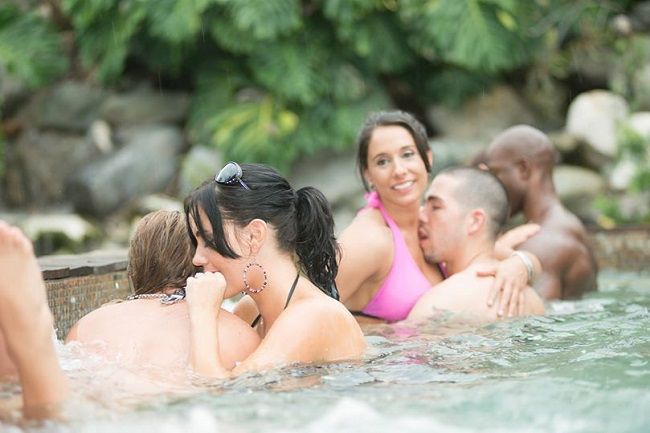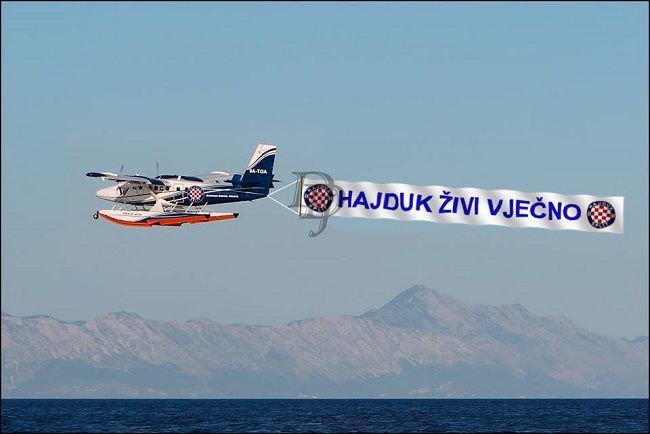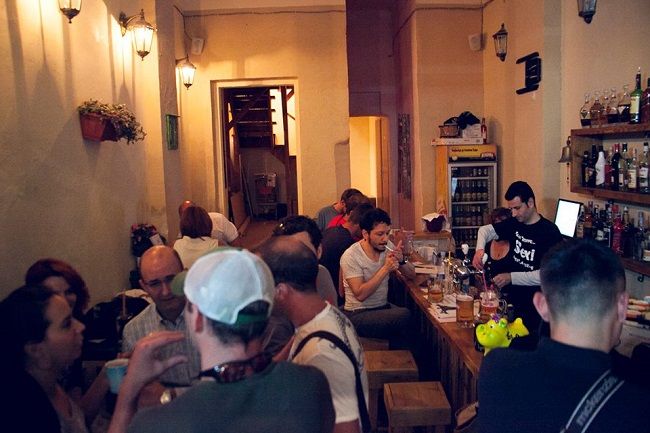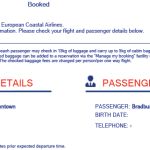After twelve consecutive winters full-time in tranquil Jelsa on the island of Hvar, I spent most of January in Munich, starting initial research and contacts for our latest project, Total Munich (you can follow us on Facebook here – the project starts in earnest on March 4 with my return flight to Bavaria).
It was quite a culture shock to live for a few weeks in a place with 1.5 million people when I had become used to a community of 1,500, and I revelled in the international choice of cuisine, culture and company, while marvelling at how technology had passed me by with a decade of living on an idyllic Adriatic island.
Split, lovely Split, I had not spent much time in for weeks, due to other commitments, and I planned a full day of meetings one day last week, 12 in all.
And as I went through my day ahead on the 06:00 catamaran from Jelsa, it struck me just what an international component there was to the day, both with confirmed meetings and ones I had hoped to squeeze in. A meeting on behalf of Munich investors with a Croatian businessman with a patent on a rather cool invention; coffee with the Danish marketing manager of the first truly pan-Mediterranean restaurant in Split, opened by a Montenegrin; lunch with the owners of Croatia’s first halal restaurant; a beer with the sales manager of the first scheduled seaplane service in modern Europe; a beer at one of Split’s liveliest new bars, run by an American and a Honduran; and if there was time, a catch up with a Canadian running two successful accommodation businesses, an Aussie operating no less than four successful hospitality businesses in the palace, and perhaps a coffee with the Swiss Consul, whose other interests included running the only hotel in the city to make TripAdvisor’s top ten for 2015.

And as my day progressed, the thought struck me at how much progress Split has made in recent years – for better or for worse depending on your point of view – on its road to becoming an international city. It was only ten years ago that the first hostel opened in Split (by those Australians), and there were no wine bars just three years ago. Now the palace and surrounding areas are teeming with both.
International cuisine has never been a strong offer in Split. Coming from England, it would be hard for me to be patriotic about my national cuisine, and while I realise that Dalmatians are understandably proud of their cuisine, I have never understood why many people think it should be the only food served in restaurants. The travel experience is about choice, and it has been heartening to see the first Turkish, Japanese, a truly pan-Mediterranean and the first brasserie open in the city in the last 18 months. Next it would be nice to see Croatian’s celebrate the wonderful quality and diversity of their regional cuisine – why not an Istrian and Slavonian restaurant as well?
The thought of Split emerging as an international city struck me hardest during the day with a meeting with a group of local Split business people, who have just launched the country’s first agency with separate cruise options for gay, swinging and naturist tourists. An idea conceived in Split and run by locals who have an international perspective on the tourism scene. Given that Dalmatia is not known as the most liberal place on Earth, the ideas of Open Mind Holidays were truly groundbreaking, and I am sure they will have their conservative critics, but I for one congratulate them for their bold initiative. Check out the Open Mind Holidays website for more.

And so the day progressed, with some meetings more mundane than others, before an evening catch up over a cold one with European Coastal Airlines, finding out their latest plans (exciting!). It is less than six months since Split Airport made modern European aviation history with the first scheduled seaplane flight to my adopted home town of Jelsa. Of all the places in Europe, the emerging international city of Split was the one. One hopes that the bureaucracy can soon be overcome to bring a sea port to downtown Split, so that the city and islands can be truly connected, for the benefits of tourists and locals alike. ECA is just one new airline to operate in and out of Split these days, and the 18 destinations from easyJet and the decision by Aeroflot to switch its Moscow summer business from Dubrovnik to Split is more proof of Split’s growing international appeal.

Meetings, meetings. I decided to round off a busy day with a drink at To Je To, a relatively new bar off Marmontova, which was opened last year by a lovely couple from America and Honduras. Croatia has been a graveyard for foreign investors in recent years, and so it was heartening to drop into what is clearly one of the Split hospitality success stories of 2014. To Je To was packed, with live music playing, just as the rest of the palace had gone to sleep. The clientele was a delightful mix of local, expat and visiting tourists, all mingling freely.
The final stop in a very international tour. Once known as the Gateway to the Islands, Split is maintaining its Dalmatian identity, but adding a welcome touch of international flair. Come and discover it!









